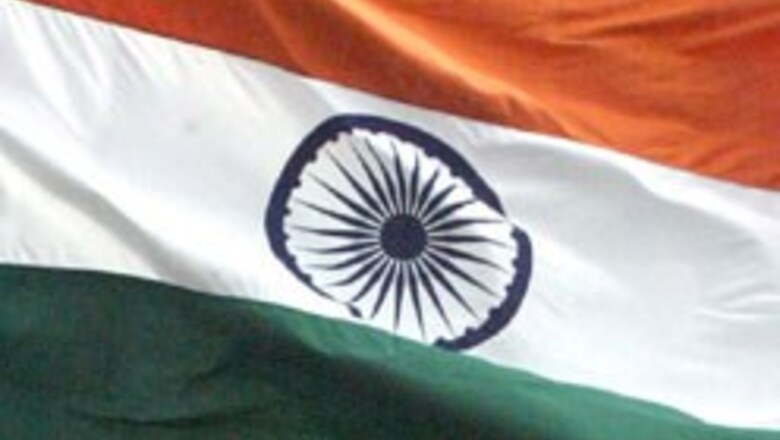
views
Washington: With India and the United States recognising a strategic partnership as "indispensable and inevitable", Indian Ambassador to the US Ronen foresees the two nations working more closely in harnessing space and nuclear energy.
"India and the United States recognise that a strategic partnership between the two countries is both indispensable and inevitable in 21st century," he said in an address to the Historical Electronics Museum in Baltimore.
The museum celebrated the life and work of India's pioneering scientist, Sir Jagadish Chandra Bose, on the 150th year of his birth November 15 by inducting him into Pioneers Hall of the Museum with a permanent exhibit.
Sen's speech was read out by Dr. Rolan Anders, Museum Board Chairman.
The event was not only an occasion to remember the great contribution of Sir Jagadish, but to also reflect on the enormous potential that India and the US have for working together to bring the benefits of modern science and technology to their people, Sen said.
"As we look to the future, we find ourselves increasingly engaged in critical issues such as renewable and alternative energy, clean energy technology, energy efficiency, increasing food productivity and fighting diseases," he said.
"Our two nations will be working more closely in harnessing space and nuclear energy for the benefit of our people."
Their capacity to translate these into stronger partnership is derived from a shared commitment for democracy, pluralism and individual liberty, Sen said."But, it also derives its momentum from a rich history and a promising future of collaboration in harnessing science and technology for our common good."
Through all the turns in the relations between India and the United States, science stood as an enduring symbol of their relationship, Sen said noting the Green Revolution in the 1960s made India self-reliant in food production.
"The S & T Forum set up in 2000; the India-US S&T Umbrella Agreement of 2005; the establishment of the India-US Bi-National S&T Commission in 2006; and the E-learning initiative of 2006 that has brought 20 leading US universities into collaboration with 42 technical institutions in India are important initiatives," he said.
Congratulating the museum for celebrating Bose's 150th birth anniversary, Sen hoped "that his remarkable life would inspire young scientists and that, in honouring him today, we will also seek a future of deeper India-US engagement in science."
The event was attended by about 100 scientists and technologists from across the US.
Dr Tapan Sarkar, Professor at Syracuse University, Dr Raj Mittra, Professor at Penn State University, and Dr Peter Siegel from Jet Propulsion Laboratories and Caltech made presentations on different aspects of Bose's contribution.
The evening also included a Musuem tour on Bose's work and a musical performance by Indian artists.

















Comments
0 comment